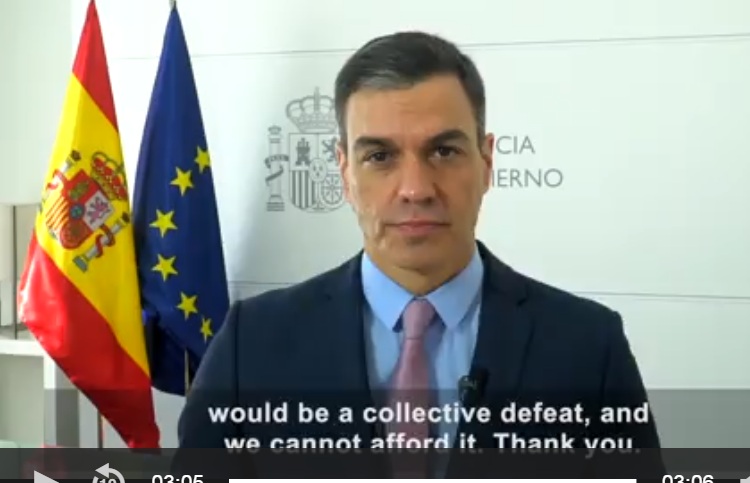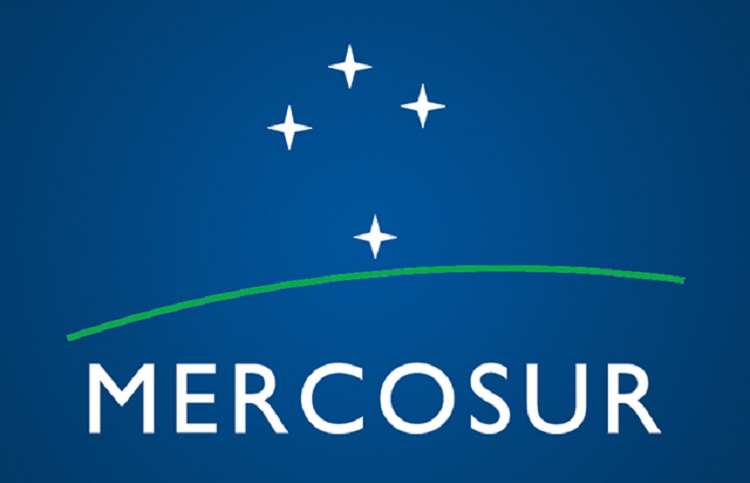The Diplomat
The President of the Government, Pedro Sánchez, yesterday proposed that the International Monetary Fund (IMF) create a new trust fund to particularly benefit developing countries with higher levels of inequality, as the simple allocation of new Special Drawing Rights (SDRs) “is not going to be enough”.
Sánchez made this proposal during his intervention, via videoconference, at the meeting of heads of state and government on International Debt Architecture and Liquidity, convened by the Prime Minister of Canada, the Prime Minister of Jamaica and the Secretary General of the United Nations.
During his speech, the chief executive said that “the COVID-19 pandemic is wreaking havoc on the economies of developing countries, increasing their levels of poverty and also inequality”, which is why he supported the issuance of new special drawing rights “to help alleviate these liquidity problems”.
The new issue was proposed last week by the Fund’s managing director, Kristalina Georgieva, who expects to distribute SDRs worth $650 billion (552 billion euros) among its members.
SDRs are the assets created by the IMF in 1969 as an international and supplementary reserve.
However, Sánchez considered that this issue will not be enough, since the lowest income countries will only receive 3.3 per cent of these rights, while Latin American economies will receive less than 8 per cent.
“If the G20 countries gave up 10% of their new SDRs, this would more than double the additional financing for low-income countries,” said the head of the Executive, who proposed the creation of the aforementioned trust fund with the aim of helping developing countries that have higher levels of inequality, high poverty rates and have been affected by the pandemic.
In addition, Pedro Sánchez proposed extending the debt moratorium for poor countries until the end of 2021. This measure was agreed in April by the G20, in coordination with the IMF, the World Bank and the Paris Club. Initially the deadline was set for the end of 2020, but in October it was extended to mid-2021.







